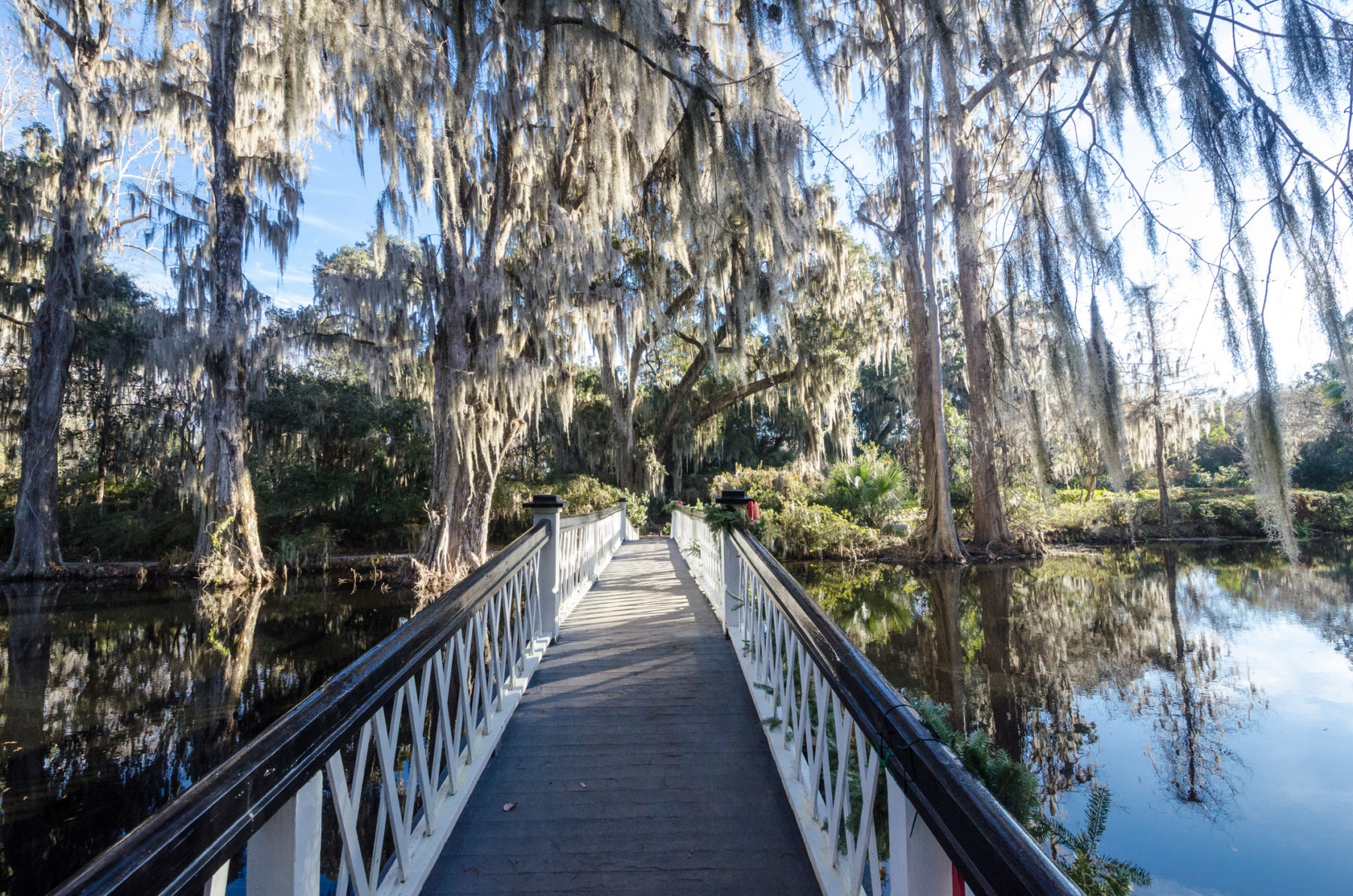Amy Feinstein: Plantation Wedding Boycott Could Harm South Carolina’s Economy
Pinterest, The Knot and the national media team up to lower the boom on plantation wedding venues …
by AMY FEINSTEIN || An unexpected storm hit the world of wedding planning at year’s end, but inste
